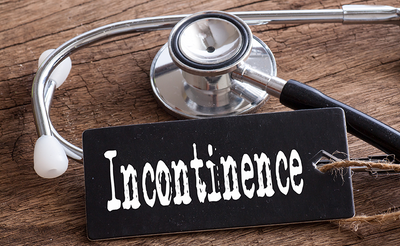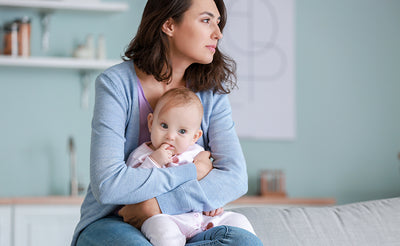What was your first choice to manage bleeding post-pregnancy? Did you get to explore your options? Or were you struggling with regular sanitary pads and hoped you could find something better?
Ladies, we get it! Our babies steal the limelight post-pregnancy. Everybody is busy cooing over their cuteness. Somewhere in this madness, we neglect our needs and settle for whatever is available.
The first step to taking care of yourself post-pregnancy is to be able to manage the complications that birthing brings about, such as temporary insomnia, UTIs, postpartum depression, breastfeeding problems, discomfort in your vulva and of course, heavy bleeding.
In this blog, we’re talking all about postpartum bleeding, why, what, how, and when.
|
We’ll also speak briefly about all those rumours that you here—are maternity and sanitary pads safe? Could they kill you? Read on to find out. |
WHAT IS POSTPARTUM BLEEDING?
Your pregnancy is followed by heavy bleeding right after. This bleeding is not a period because your periods will not be back for another six to eight weeks. This bleeding is the uterine lining that forms a layer of cushioning around your baby. Since it is not needed anymore, it sheds in the form of blood tissues and vaginal discharge.
You might find the blood to be full of blood clots, and the flow will be quite heavy too and at times unmanageable. The shedding will keep happening till all the excess uterine lining, and leftover placenta is shed off.
The blood will then slowly turn into a white discharge called lochia. Lochia has been said to have a “sweet smell” by women. It is bright red for the first week after pregnancy. After a few weeks, when all the blood tissues are shed off, it becomes white.
DEALING WITH POSTPARTUM BLEEDING
“What are the best pads to use after giving birth?” is a question that often women are plagued with. What should you use to deal with bleeding that is even heavier than your normal period flow? Finding products that cater to the needs of women post-pregnancy might be a little difficult, but there are a few options available in the market.
Instead of opting for regular pads, you should try out maternity pads. Maternity pads are, in simpler terms, post-pregnancy pads. The main difference between normal pads and maternity pads is that regular sanitary pads are not engineered to take that kind of flow or to even absorb so many blood clots. The volume of blood post-pregnancy increases by 20- 50 ml.
Maternity pads after delivery are designed for the utmost care and relaxation of the mother. They are generally wider, longer and thicker. They are also more absorbent than regular pads and hence, last for a longer duration of time. They are made up of a softer material to keep from irritating your stitches. You need to take care to change your maternity pads as often as possible since there is a looming possibility that you might contract infections, or your sensitive skin might get irritated from all of that wetness.
FRIENDS MATERNITY PADS FOR POSTPARTUM BLEEDING
Did you know that Friends Diaper makes Maternity Pads that are of the highest quality to ensure maximum comfort? Friends Maternity Pads are:
-
Ultra-soft and super-absorbent
-
Free of any toxic chemicals to prevent any added irritation
-
Free of plastic coverings or ridges to further protect your skin
-
Free of artificial, chemical fragrance
-
Has world-class SAP (Super Absorbent Polymer), which instantly soaks up the liquid and turns it into a gel that doesn’t spill or leak out of your maternity pads
-
Friends Maternity Pads are available in elastic loops and sticker strip designs.
-
And lastly, maternity pads, at least the ones we make, are safe too! Friends maternity pads are manufactured in our Nasik facility with utmost care, under WHO certified standards of hygiene and temperature. We use only certified raw materials which not just ease your life, but also help your healing process. What we cannot vouch for, though, is cheaper brands of maternity pads, sanitary pads, or panty-liners—especially the garden variety sourced from many local markets. Often made of recycled biomedical waste, these may help you save a little money now, but may end up being costly later.
Maternity pads with elastic loops can be simply glided on like regular underwear, but the difference is that the elastic is extremely soft and thin to prevent any irritation. The sticker strip design of Friends Maternity Pads can be stuck onto your underwear conveniently to soak up all the blood.
Any period-related concerns? Let us know in the comments section below, and we’ll help you figure it out!





